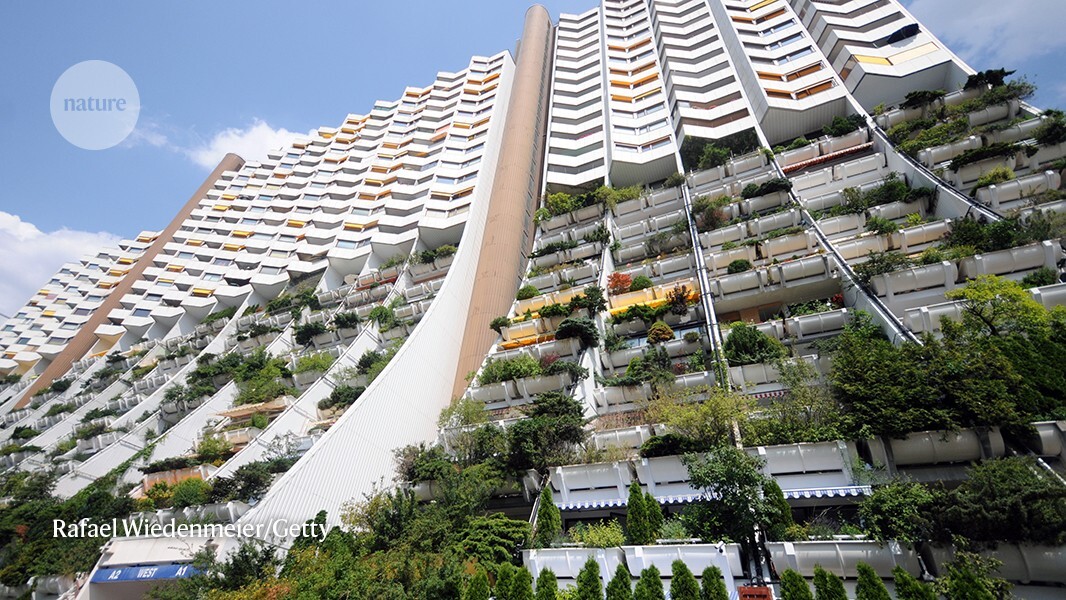#Degrowth can work — here’s how science can help
Wealthy countries can create prosperity while using less materials and energy if they abandon #EconomicGrowth as an objective.
By Jason Hickel, Giorgos Kallis, Tim Jackson, Daniel W. O’Neill, Juliet B. Schor, Julia K. Steinberger, Peter A. Victor & Diana Ürge-Vorsatz, 12 December 2022
Excerpt: "The global economy is structured around growth — the idea that firms, industries and nations must increase production every year, regardless of whether it is needed. This dynamic is driving climate change and ecological breakdown. High-income economies, and the corporations and wealthy classes that dominate them, are mainly responsible for this problem and consume energy and materials at unsustainable rates.
"Yet many industrialized countries are now struggling to grow their economies, given economic convulsions caused by the COVID-19 pandemic, Russia’s invasion of Ukraine, resource scarcities and stagnating productivity improvements. Governments face a difficult situation. Their attempts to stimulate growth clash with objectives to improve human well-being and reduce environmental damage.
"GDP is getting a makeover — what it means for economies, health and the planet
"Researchers in ecological economics call for a different approach — degrowth. Wealthy economies should abandon growth of gross domestic product (#GDP) as a goal, scale down destructive and unnecessary forms of #production to reduce energy and material use, and focus economic activity around securing human needs and well-being. This approach, which has gained traction in recent years, can enable rapid #decarbonization and stop ecological breakdown while improving social outcomes. It frees up energy and materials for low- and middle-income countries in which growth might still be needed for development. Degrowth is a purposeful strategy to stabilize economies and achieve social and ecological goals, unlike recession, which is chaotic and socially destabilizing and occurs when growth-dependent economies fail to grow.
"Reports this year by the Intergovernmental Panel on Climate Change (#IPCC) and the Intergovernmental Science-Policy Platform on #Biodiversity and #Ecosystem Services (#IPBES) suggest that degrowth policies should be considered in the fight against #ClimateBreakdown and #biodiversity loss, respectively. Policies to support such a strategy include the following.
"Reduce less-necessary production. This means scaling down destructive sectors such as #FossilFuels, mass-produced meat and dairy, #FastFashion, #advertising, #cars and aviation, including #PrivateJets. At the same time, there is a need to end the #PlannedObsolescence of products, lengthen their lifespans and reduce the purchasing power of the #rich.
"Improve #PublicServices. It is necessary to ensure universal access to high-quality #HealthCare, #Education, #Housing, transportation, Internet, #RenewableEnergy and nutritious food. #UniversalPublicServices can deliver strong social outcomes without high levels of resource use.
"Introduce a green jobs guarantee. This would train and mobilize labour around urgent social and ecological objectives, such as installing renewables, insulating buildings, regenerating #ecosystems and improving social care. A programme of this type would end unemployment and ensure a just transition out of jobs for workers in declining industries or 'sunset sectors', such as those contingent on fossil fuels. It could be paired with a #UniversalIncome policy.
"Reduce working time. This could be achieved by lowering the retirement age, encouraging part-time working or adopting a four-day working week [and hybrid or remote work]. These measures would lower #CarbonEmissions and free people to engage in care and other welfare-improving activities. They would also stabilize employment as less-necessary production declines.
"Enable #sustainable development. This requires cancelling unfair and unpayable debts of low- and middle-income countries, curbing unequal exchange in international trade and creating conditions for productive capacity to be reoriented towards achieving social objectives.
"Some countries, regions and cities have already introduced elements of these policies. Many European nations guarantee free health care and education; Vienna and Singapore are renowned for high-quality public housing; and nearly 100 cities worldwide offer free public transport. Job guarantee schemes have been used by many nations in the past, and experiments with basic incomes and shorter working hours are under way in Finland, Sweden and New Zealand.
"But implementing a more comprehensive strategy of degrowth — in a safe and just way — faces five key research challenges, as we outline here."
Read more:
https://www.nature.com/articles/d41586-022-04412-x
Archived version:
https://archive.ph/AtJ87
#FourDayWorkweek #RemoteWork #HybridWork #CircularEconomy #CapitalismKills #RightToRepair #ProtectMotherEarth #CorporateColonialism #BuyLess #BuyNothing #LibraryOfThings #SolarPunkSunday



